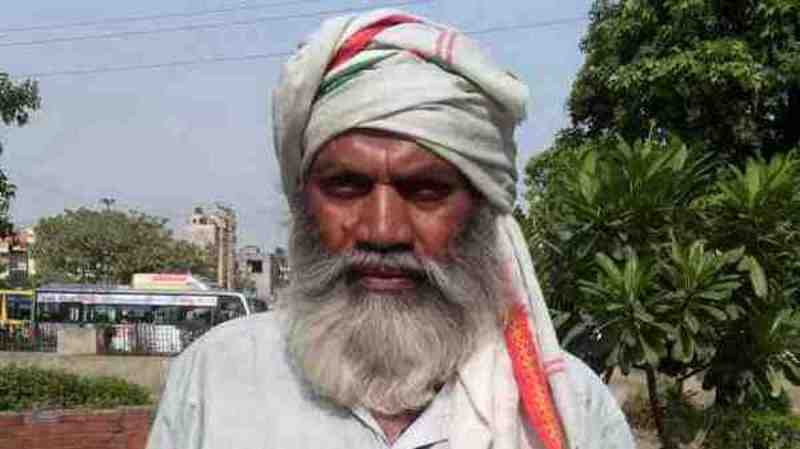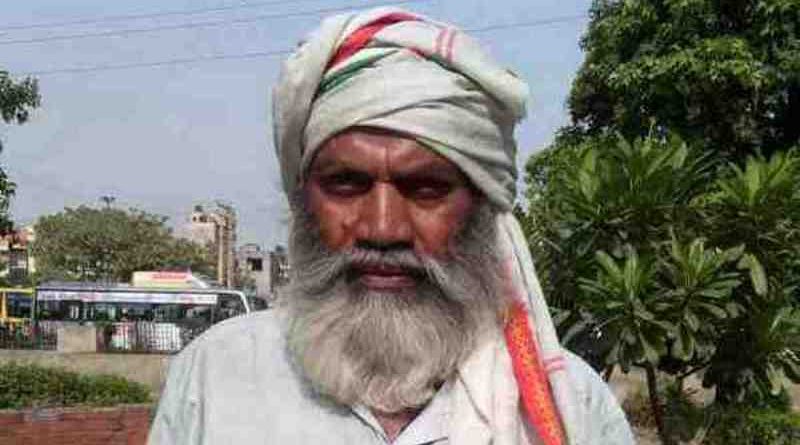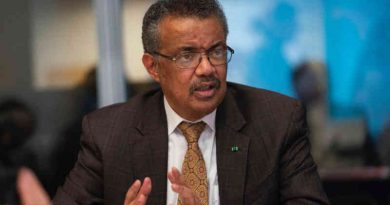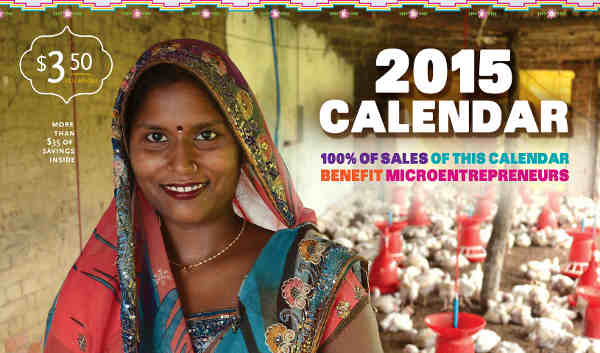1 in Every 3 People Lives in Underdeveloped World: UNDP Report

A quarter-century of impressive human development progress continues to leave many people behind, with systemic, often unmeasured, barriers to catching up.
A stronger focus on those excluded and on actions to dismantle these barriers is urgently needed to ensure sustainable human development for all.
These are the findings of the Human Development Report 2016, entitled ‘Human Development for Everyone’, released Tuesday by the United Nations Development Programme (UNDP).
The report finds that although average human development improved significantly across all regions from 1990 to 2015, one in three people worldwide continues to live in low levels of human development, as measured by the Human Development Index.
This is a concern in developed countries too, where poverty and exclusion are also a challenge, with over 300 million people – including more than one-third of all children – living in relative poverty.
The report notes that not only are deprivations high, but disadvantages disproportionately affect some groups.
Women and girls, rural dwellers, indigenous peoples, ethnic minorities, people with disabilities, migrants and refugees, and the LGBTI community are among those systematically excluded by barriers that are not purely economic, but political, social and cultural as well.
In the case of women, the largest of these groups, the report notes that while global gender disparities are narrowing slowly, longstanding patters of exclusion and lack of empowerment for women and girls remain pressing challenges.
Women tend to be poorer, earn less, and have fewer opportunities in most aspects of life than men. In 100 countries, women are legally excluded from some jobs because of their gender, and in 18 countries, women need their husband’s approval to work. Dangerous practices like female genital mutilation and forced marriage continue.
Populations living in rural areas also face multiple barriers. For instance, children from poor rural households attending school are less likely to be learning reading, writing and mathematics.
Moreover, migrants and refugees often face barriers to work, education and political participation and more than 250 million people in the world face discrimination on the basis of their ethnicity, the report notes among other examples.
The report stresses the importance of the 2030 Agenda for Sustainable Development to build on these gains, noting that the agenda and human development approach are mutually reinforcing.
The report includes recommendations to reorient policies to ensure progress reaches those furthest behind, and urges reforms of global markets and global institutions to make them more equitable and representative.
💛 Support Independent Journalism
If you find RMN News useful, please consider supporting us.




